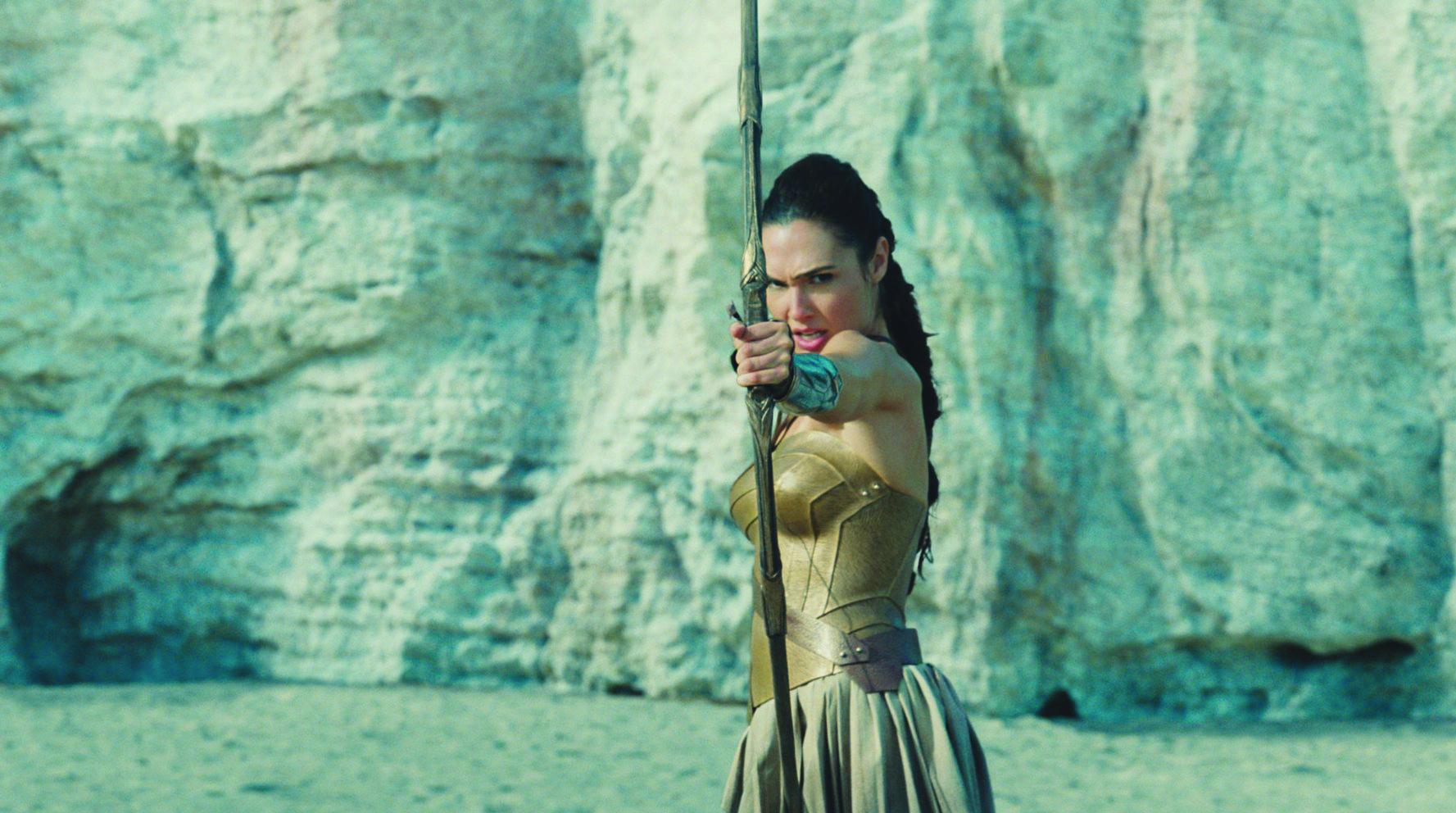We previously met Black Panther’s King T’Challa (the handsome Chadwick Boseman), whose father was assassinated by a vengeful terrorist in Captain America: Civil War. T’Challa is not just king, but the hereditary guardian of the African Shangri-La known as Wakanda—a fantastically advanced civilization disguised as one more poor and remote landlocked country. Costumed in a black super-suit made of the amazing material vibranium—the very substance of which Captain America’s shield is constructed—T’Challa was sucked into the civil war between Earth’s mightiest heroes, the Avengers. But this stand-alone film by Oakland-bred Ryan Coogler leaves the matter there and tells of T’Challa’s war to retain his crown. The king is threatened by the Afrikaner villain Klaue (Andy Serkis), as well as Erik Killmonger (Michael B. Jordan), an African-American war vet with a strong personal connection to the royal family.
One villain is a giggling monster, chortlingly evil—Serkis gives a great nasty yet logical reason for shooting a fleeing man in the back. Jordan’s Killmonger has well-written reasons for his grudge. T’Challa’s beguiling bratty sister (a delightful Letitia Wright) is also the movie’s brilliant weapons and cybernetics expert. Coogler decides that T’Challa can be king, hero and spy all at once, and he’s right. The production design and costumes are dazzling, a pan-African symphony of masks, gowns, scarification and headdresses; you rarely get this level of visual density in a film that’s this much fun.
It’s not going too far to suggest that Coogler is restaging the debate between Martin Luther King, Jr. and Malcolm X as a superhero adventure. If there’s such a thing as a healing fantasy, this may be it: What might have Africa been, if so much hadn’t been stolen from her and her people? Something as remarkable as Wakanda?









